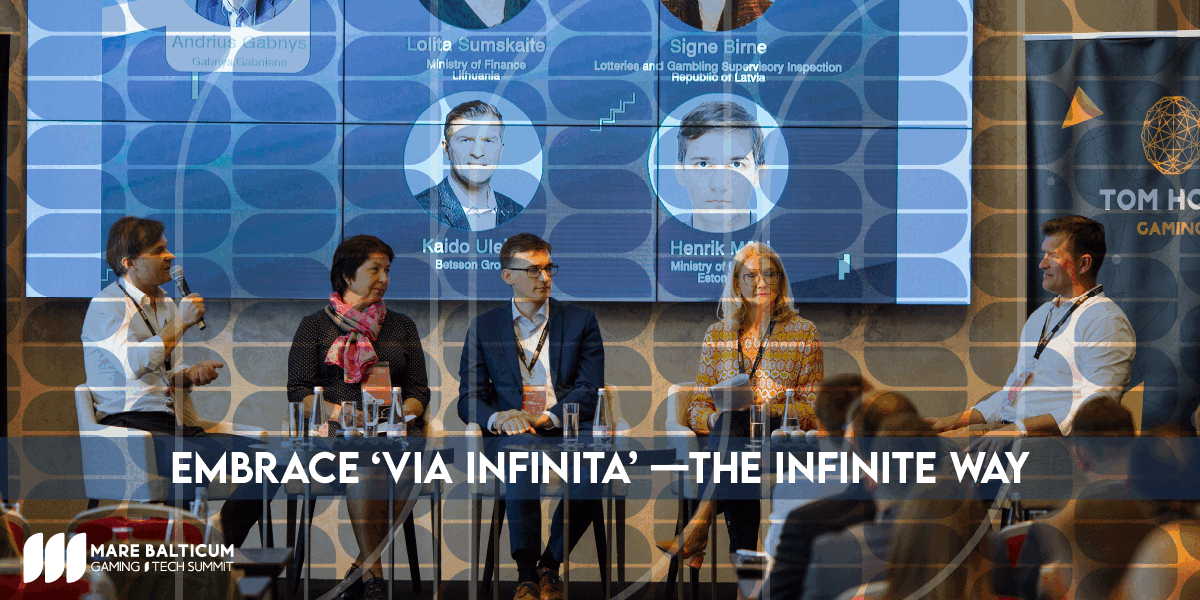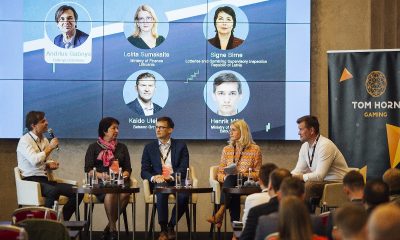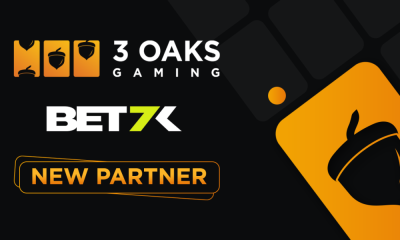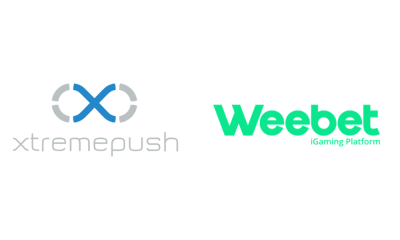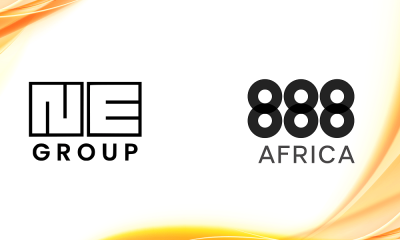Gaming
EGDF: UNITY’S INSTALL FEES ARE A SIGN OF LOOMING GAME ENGINE MARKET FAILURE
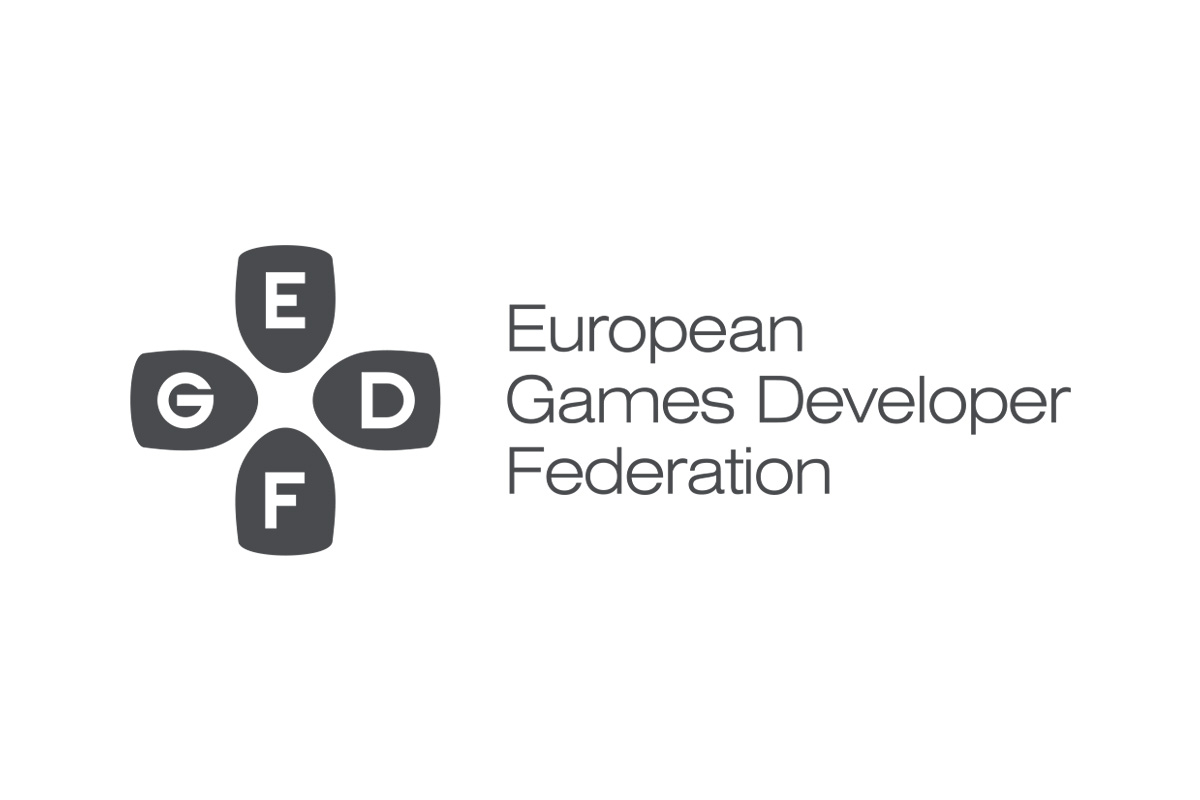
Step by step, video game engines are becoming key gatekeepers of European cultural and creative sectors. Currently, Unity dominates game engine markets, Unreal being its primary challenger. These two engines are not just clear market leaders in the game industry but increasingly vital market actors in film, architecture, and industrial design and simulations. In 2022, Unity reported that globally, 230,000 game developers made and operated over 750,000 games using the Unity Engine and the Unity Gaming Services portfolio of products.
Unity’s new fee structure is going to have a drastic impact on the game industry.
Over the years, the Unity game engine has reached close to unofficial industry-standard status in some game markets. Its well-designed tools and services have lowered the market access barriers in the game industry. Furthermore, it has played a crucial role in removing technological barriers to cross-platform game development. Now, Unity has informed the game dev community that it will move from subscription-based fees to subscription and install-based fees, which will significantly increase the game development costs for most game developers relying on their services. EGDF finds it unfortunate that Unity has significantly damaged its reputation as a reliable and predictable business partner with these sudden and drastic changes in its pricing principles.
Bigger game developer studios have the luxury of being able to develop their own game engines. Consequently, market uncertainty and significantly increased service provider risks caused by Unity’s new fee structure will hit, in particular, SME game developers. It will be much harder for them to build reliable business plans, make informed decisions on game engines, and run a profitable business. Many of these studios struggled to access risk funding before Unity’s announcement, and it has only worsened their situation.
Unity’s decision will have a broader impact on the whole game industry ecosystem. Many professional game education institutions have built their curriculum on the Unity game engine. If Unity’s new pricing model starts a mass exodus from Unity’s engine, it will lead to rapid changes in professional game education itself and place many young industry professionals who have built their career plans on mastering Unity’s tools in a very difficult position.
Although Unity’s decision will cause significant challenges for the industry, EGDF kindly reminds that instead of focusing on blaming individual Unity employees for the changes, it is far more productive to focus on taking measures that increase competition in game engine markets.
Unity’s anti-competitive market behaviour must be carefully monitored, and, if required, the European competition authorities must step in.
Unity is an increasingly dominant market player in the game markets. According to Unity’s own estimate, in general, 63% of all game developers use its game engine. The share can be even higher in some submarkets. Unity estimates that 70% of top mobile games are powered by its engine. Unsurprisingly, Unity’s game engine is now a de facto standard in mobile game markets to the extent that whole formal professional game education degree programmes have been built on training its use. However, Unity’s market dominance is not just based on the quality of its game engine. It is also an outcome of aggressive competition practices and systematic and methodological work of making game developers dependent on Unity services.
How Unity bundes different services together potentially distorts competition in game middleware markets. Over the years, Unity has, step by step, bundled its game engine more and more together with other game development tools under the Unity Gaming Services portfolio. Unity is not just a game engine; it is also a player sign-in and authentication service, a game version control tool, a player engagement service, a game analytics service, a game chat service, a crash reporting tool, a game ad network, game ad mediation tool, an user acquisition service and in-game store building tool. This creates a significant vendor lock risk for game developers using Unity services. It also makes it difficult for many game middleware developers to compete against Unity and, all in all, significantly strengthened Unity’s game engine’s market position compared to its rivals.
Now, Unity is strategically using install fees to deepen the lock-in effect by creating a solid financial incentive to bundle other Unity services even closer to its game engine: “ Qualifying customers may be eligible for credits toward the Unity Runtime Fee based on the adoption of Unity services beyond the Editor, such as Unity Gaming Services or Unity LevelPlay mediation for mobile ad-supported games. This program enables deeper partnership with Unity to succeed across the entire game lifecycle.” This will, of course, drastically impact Unity’s direct competitors.
Unity’s install fees are an excellent example of Unity’s potentially anti-competitive market behaviour. It is clear that if Unity’s pricing model had, in the past, been similar to the now-introduced model, it would likely never have achieved the level of dominance it enjoys today, as more developers would have chosen another alternative in the beginning.
The fact that Unity’s new install fees are only targeted at video games and do not apply to other industries logically leads to a question: Is Unity setting prices below cost level at different market segments, or is Unity charging excessive prices in game markets? Furthermore, does the fact that Unity is now introducing an install fee on top of the licensing fee mean that licensing fees have before been below cost level? Or does the introduction of install fees on top of the licensing fees of their game engine allow them to provide other, lock-in generating, services below cost level?
In the end, Unity has built its dominant position in game markets for years and systematically made game developers more dependent on it. It is a good question if Unity has now crossed the line of abusing its market dominance on weaker trading parties that deeply depend on its services. Game productions can take years, and game developers cannot change their game engine at the last minute, so they are forced to accept all changes in contract terms, no matter how exploitative they are. Unity must know that if they had given more notice, many more developers might have had a realistic chance of abandoning Unity altogether by the time the new pricing came into play.
The new install fees will limit game developers’ freedom to conduct business as it pushes them to implement Unity ad-based business models even in games that otherwise would not have ad-based monetisation. Furthermore, this will create a competitive disadvantage for those game distribution platforms that do not use ad-based monetisation at all (e.g. subscription services and pay-per-download games), as Unity is de facto forcing them to increase their consumer fees compared to channels that allow the use of Unity’s ad-based monetisation tools.
The new install fees will likely lead to less choice for consumers. Install fees will allow Unity to extract value from games that generate a lot of installs through, e.g. virality, but do not necessarily generate money. Install fees will lead to markets where game developers want to limit the downloads and try to avoid installs from the wrong players. This can potentially kill part of the game market. For example, indie developers that have an unfortunate mix of being a success on the number of installs but that are struggling to generate revenue, or hyper-casual game studios based on combining a huge install base with minuscule revenue generated per game.
In the long run, the EU needs to update its regulatory framework to answer the challenges caused by dominant game engines.
Unity’s install fees demonstrate why the EU needs a new regulatory framework for unfair, non-negotiable B2B contract terms. Contract terms Unity has with game developers are non-negotiable. With the new non-negotiable install fee, European game developers have to either withdraw their games from markets, increase consumer prices or renegotiate their contracts with third parties. For example, if a game memory institution makes games available for download on their website, a game developer studio must now ask for a fee for it or ban making European digital cultural heritage available to European citizens. The three-month time frame Unity is providing for all this is not enough.
The Commissions should introduce a specific regulation for non-negotiable B2B contract terms. The regulation should provide sufficient time (e.g. in a minimum, six months) for markets to react to significant changes in non-negotiable terms and conditions that a service provider has communicated to their business users in a plain, clear and understandable manner (e.g. now it is unclear how Unity counts the installs). Furthermore, the Commission should bring much-needed market certainty by banning retroactive pricing and contract changes.
The Commission should include game engines in DMA. While reviewing the recently adopted Digital Markets Act (DMA), the Commission should consider lowering the B2B user thresholds and adding gatekeeper game engines under its scope. This would, for example, ensure that Unity cannot use data it collects through its game engine to gain an unfair competitive advantage for its other services like advertisement services.
The Commission should increase its R&D support for the European game industry. The fact that there is no major competitor for Unity Engine that does not require constant back-end server connection is a market failure in itself. The Unity Game engine is not fully scalable because Unity has built its engine in a way that it calls home every time it is installed to report instals for Unity. Consequently, the Commission should strengthen its efforts to support the emergence of new European game technology and business service providers. In particular, the Commission should increase its support for privacy-friendly open-source alternatives for game engines, like for example Godot or Defold or similar, that do not require constant back-end server connection and thus have no need for scalable revenue-based fees or install fees.
Gaming
The German Games Industry Association congratulates all winners of the German Computer Game Awards 2024
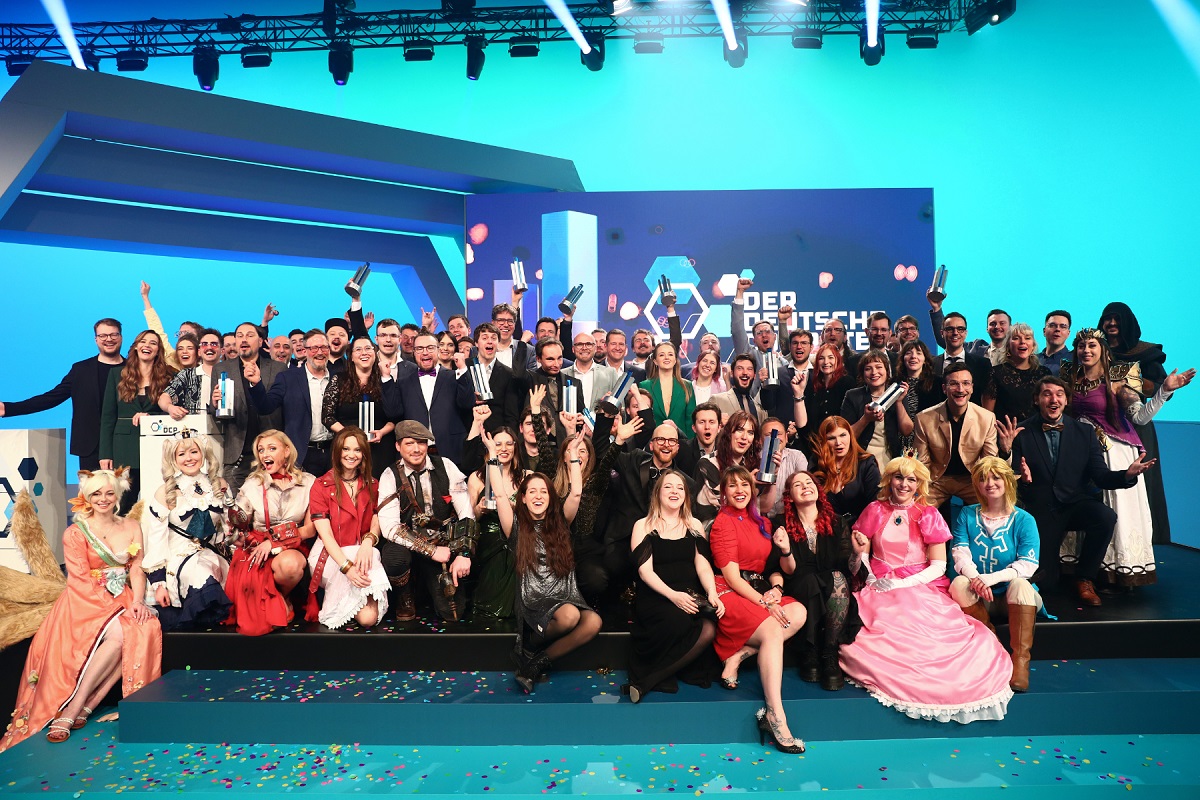
• “EVERSPACE 2” by ROCKFISH Games is ‘Best German Game’ 2024
• Pixel Maniacs from Nuremberg wins in the ‘Studio of the Year’ category
• ‘Best International Game’ is Baldur’s Gate 3
• ‘Player of the Year’ is Maurice Weber
High-quality games, great entertainment and many well-known personalities from the games industry and the cultural, societal and political spheres – the German Computer Game Awards 2024 (DCP), presented this evening in Munich, featured all that and more. Numerous guests celebrated the best games from Germany and the creative minds behind them in person at Eisbach Studios in Munich. The award show, which was hosted by Katrin Bauerfeind and Uke Bosse, was additionally followed by hundreds of thousands of viewers via live stream. A total of 800,000 euros was awarded in cash prizes. “EVERSPACE 2” by ROCKFISH Games was chosen ‘Best German Game’. The ‘Studio of the Year’ award went to Pixel Maniacs from Nuremberg, which has made a name for itself with successful games like the party racing game “Can’t Drive This”, its multifaceted involvement in the game industry and its promotion of young talent, as well as with its innovations in the area of marketing. The ‘Special Jury Prize’ was awarded to the project “Gaming ohne Grenzen” (Gaming without Borders), an initiative that enables young people with disabilities to participate actively in game culture – for example, by assessing in inclusive game testing groups the accessibility of various games as well as the ability of certain technologies to help overcome barriers in video games. In voting by the community and the jury, Maurice Weber was selected ‘Player of the Year’. The games editor and Twitch streamer regularly analyses current developments in the games industry and takes a critical look at them, while at the same time formulating a clear stance for more diversity and against extremism in games and society.
The German Computer Game Awards, which honour the year’s best German-produced games, are hosted by the German Federal Government, represented by the Federal Ministry for Economic Affairs and Climate Action, and game – The German Games Industry Association.
‘Congratulations to all winners of the German Computer Game Awards 2024!’ says Felix Falk, Managing Director of game. ‘Even in these very challenging times for many German firms in the industry, German games companies have created high-quality and successful games that have deservedly been honoured on the big stage of the DCP. Around half of these outstanding games were developed with the support of federal game funding. This once again demonstrates the potential that we can leverage when the underlying policy framework for game development in Germany provides for truly predictable and internationally competitive conditions – conditions that allow games from Germany to shine even more brightly all over the world and achieve even greater success on the national as well as international stage. We must make this our goal!’
Overview of all winners:
Best International Game (not endowed)
Baldur’s Gate 3 (Larian Studios)
Best German Game (endowed with 100,000 euros)
EVERSPACE 2 (ROCKFISH Games)
The other nominees will each receive 30,000:
Atlas Fallen (Deck 13 Interactive/Focus Entertainment)
Fall of Porcupine (Critical Rabbit/Assemble Entertainment)
Best Family Game (endowed with 40,000 euros)
Spells & Secrets (Alchemist Interactive/rokaplay)
Newcomer Award – Best Debut (endowed with 60,000 euros)
Ad Infinitum (Hekate/NACON)
The other nominees will receive 25,000 euros each:
Fall of Porcupine (Critical Rabbit/Assemble Entertainment)
Lose CTRL (Play From Your Heart)
Newcomer Award – Best Prototype (endowed with 50,000 euros)
Misgiven (Symmetry Break Studio)
The other nominees will receive 25,000 euros each:
Bloodletter (Katharina “Mikey” Müller, David Cafisso, Marvin Braun, Alica Schneider/Hochschule für Technik und Wirtschaft Berlin)
EcoGnomix (Lars Hinnerk Grevsmühl, Lars Eble, Bahy Nguyen, Marcel Zurawka, Alec Shae)
Footgun: Underground (Eduard Dobermann, Theo Lohmüller, Georg Nimke, Robert Pistea, Lukas Salewsky)
REPLICORE (Sarah Inés Roeder, Rody Nawezi, Leonhard Gläser, Maximilian Götz/ HAW Hamburg)
Best Innovation and Technology (endowed with 40,000 euros)
Marble Maze (Fox-Assembly)
Best Serious Game (endowed with 40,000 euros)
Friedrich Ebert – Der Weg zur Demokratie (Playing History/Stiftung Reichspräsident-Friedrich-Ebert-Gedenkstätte)
Best Audio Design (endowed with 40,000 euros)
Ad Infinitum (Hekate/NACON)
Best Game Design (endowed with 40,000 euros)
Lose CTRL (Play From Your Heart)
Best Graphic Design (endowed with 40,000 euros)
The Bear – A Story from the World of Gra (Mucks! Games)
Best Mobile Game (endowed with 40,000 euros)
Cat Rescue Story (Tivola Games)
Best Story (endowed with 40,000 euros)
Ad Infinitum (Hekate/NACON)
Studio of the Year (endowed with 50,000 euros)
Pixel Maniacs
Player of the Year (not endowed)
Maurice Weber
Special Jury Award (endowed with 10,000 euros)
Gaming ohne Grenzen
The post The German Games Industry Association congratulates all winners of the German Computer Game Awards 2024 appeared first on European Gaming Industry News.
Gaming
Flexion and Kabam Team Up to Bring Marvel Contest of Champions to the Alternative App Stores
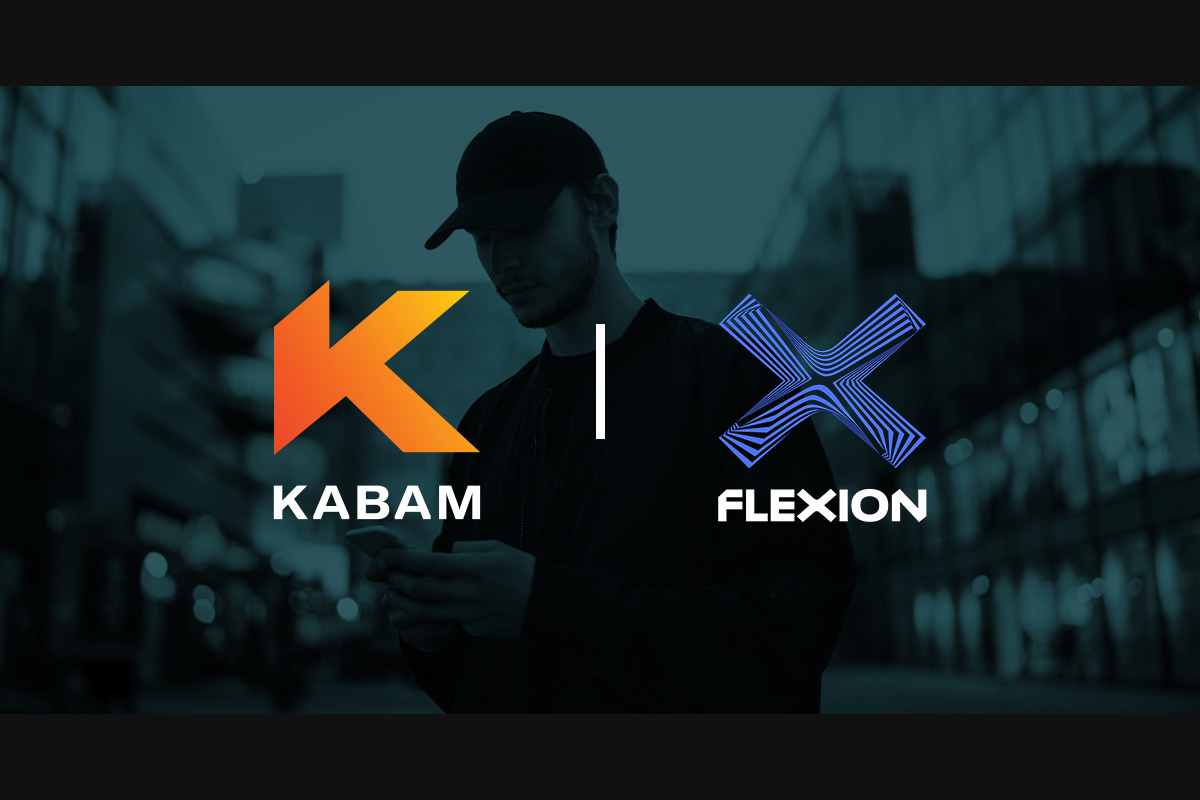
Flexion, the games marketing company, and Kabam, one of the world’s leading game developers, announced a new partnership to bring Marvel Contest of Champions to alternative app stores. Flexion will distribute the game on the Amazon Appstore, Aptoide, ONE store, Samsung Galaxy Store, and Digital Turbine Hubs in 2024.
“We are excited to partner with Flexion to bring Marvel Contest of Champions to even more players. Flexion’s expertise, experience and technology make them the ideal partner for us. This collaboration will help us reach new audiences by making Marvel Contest of Champions available on even more app stores. This is especially exciting ahead of the game’s upcoming 10-year anniversary,” SeungWon Lee, CEO of Kabam, said.
“We are delighted to partner with Kabam, one of the world’s leading game developers, to bring their hit game to more players around the globe. This partnership is a win for Kabam and the app stores, which we will connect to drive audience engagement,” Jens Lauritzson, CEO of Flexion, said.
Marvel Contest of Champions is an epic fighting RPG with over 260 iconic Marvel Super Heroes and Super Villains in the ultimate cosmic showdown. Players can collect and build a competitive team of Champions, compete against the world’s top Summoners, battle through an epic and deep Marvel story, and team up with powerful Summoners in alliances to become the Ultimate Marvel Champion.
“We’re delighted to add such a well-known and successful game like Marvel Contest of Champions to our portfolio. I am very positive about the growth potential of these alternative stores in 2024. There is no better time to expand to more audiences,” Jens added.
Marvel Contest of Champions will be available on the Amazon Appstore, Samsung Galaxy Store, Aptoide, and ONEstore Korea starting on April 29, 2024, with Samsung Gaming Hub, OneStore Global, and DT Games Hub following in the near future.
The post Flexion and Kabam Team Up to Bring Marvel Contest of Champions to the Alternative App Stores appeared first on European Gaming Industry News.
Gaming
World’s Best Teams to Compete in UK’s First Professional Women’s VALORANT Tournament in 2024, Red Bull Instalock
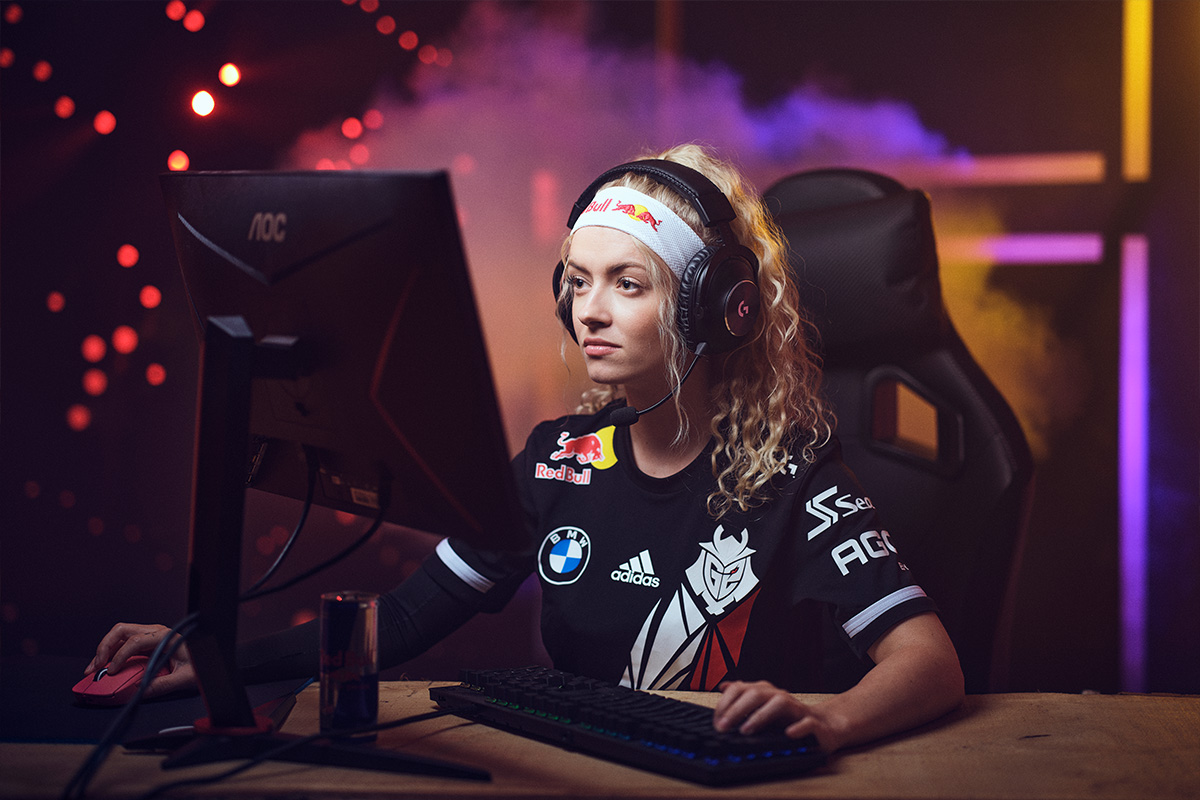
The UK’s first professional women’s esports tournament of 2024, Red Bull Instalock, is set to take over the Bull Gaming Sphere in Shoreditch, London for two days of thrilling VALORANT action from April 20 to 21. Red Bull Instalock will invite four of the world’s best women’s VALORANT teams to battle it out to become inaugural champions.
Promising a thrilling experience for viewers worldwide, the invited teams list includes G2 Gozen, GIANTX, Karmine Corp and Shopify Rebellion. Boasting four of the best women’s VALORANT teams globally, Red Bull Instalock will be a must-watch for VALORANT fans.
The LAN tournament will be broadcast from London’s premier gaming and esports venue, the Red Bull Gaming Sphere in Shoreditch, which will be transformed to replicate the in-game atmosphere of the legendary VALORANT map “Icebox”.
A unique format will be deployed to shake up traditional team compositions. Each team will be required to use three duelists, the game’s dedicated offensive class, which will encourage aggressive plays while rewarding tactical expertise and clutch skills to promise viewers worldwide an exhilarating viewing experience.
The Semi-Finals on Saturday 20th will set the stage for a pulse-racing Final day on Sunday 21st. Red Bull Instalock will also host a one-of-a-kind exhibition match, featuring a star-studded cast of fan-favourite VALORANT creators.
Renowned British esports host, Yinsu Collins, will be headlining the broadcast, with commentary provided by Kieran “Kairo” Tulloch, Billie “BillieIDK” Purdie, Matt “Twiggy” Twigg, and Harry “Hazza” Chapman. British FNATIC content creator and partnered streamer Megan ‘Megsoundslikeegg’ Garner will host the creator showmatch on Sunday 21st.
Looking ahead to the tournament, Red Bull Player and member of G2 Gozen Michaela “mimi” Lintrup said: “It’s fantastic to see another event for women’s VALORANT come into play and Red Bull Instalock is another amazing step into making a really lively competitive scene. It’s also going to be great for fans, with the format twist bringing a really exciting and new edge to every matchup.”
Red Bull Instalock will be broadcast live on Red Bull’s Twitch and YouTube channels, featuring top talent from the UK and around the world.
AGON by AOC, a global leader in gaming monitors, returns to join the Red Bull Gaming universe once again as the official Monitor Partner for Red Bull Instalock. Bringing the event to life and providing cutting-edge hardware for the esports tournament, AGON by AOC is equipping the event with the AGON PRO AG254FG monitors, featuring a 360 Hz refresh rate and 1ms response time for the best in-game experience.
The post World’s Best Teams to Compete in UK’s First Professional Women’s VALORANT Tournament in 2024, Red Bull Instalock appeared first on European Gaming Industry News.
-

 Baltics5 days ago
Baltics5 days agoMARE BALTICUM Gaming & TECH Summit Announces Final Agenda for 2024 Event
-

 Australia5 days ago
Australia5 days agoACMA Reveals Illegal Gambling Crackdown Results
-

 AGCO5 days ago
AGCO5 days agoAGCO Requires Ontario Gaming Operators to Stop Offering WBA Bets Due to Integrity Concerns
-

 3 Oaks Gaming5 days ago
3 Oaks Gaming5 days ago3 Oaks Gaming extends Brazilian outreach with Bet7k partnership
-

 Álvaro Camargo Country Manager Brazil at Xtremepush.5 days ago
Álvaro Camargo Country Manager Brazil at Xtremepush.5 days agoXtremepush boosts Brazilian presence with Weebet platform deal
-

 Africa5 days ago
Africa5 days agoNE Group powers 888bets launch in Angola
-

 Latest News5 days ago
Latest News5 days agoINSPIRED LAUNCHES VIRTUAL SPORTS WITH COMEON GROUP
-

 Compliance Updates5 days ago
Compliance Updates5 days agoHub88 granted supplier licence in Peru

